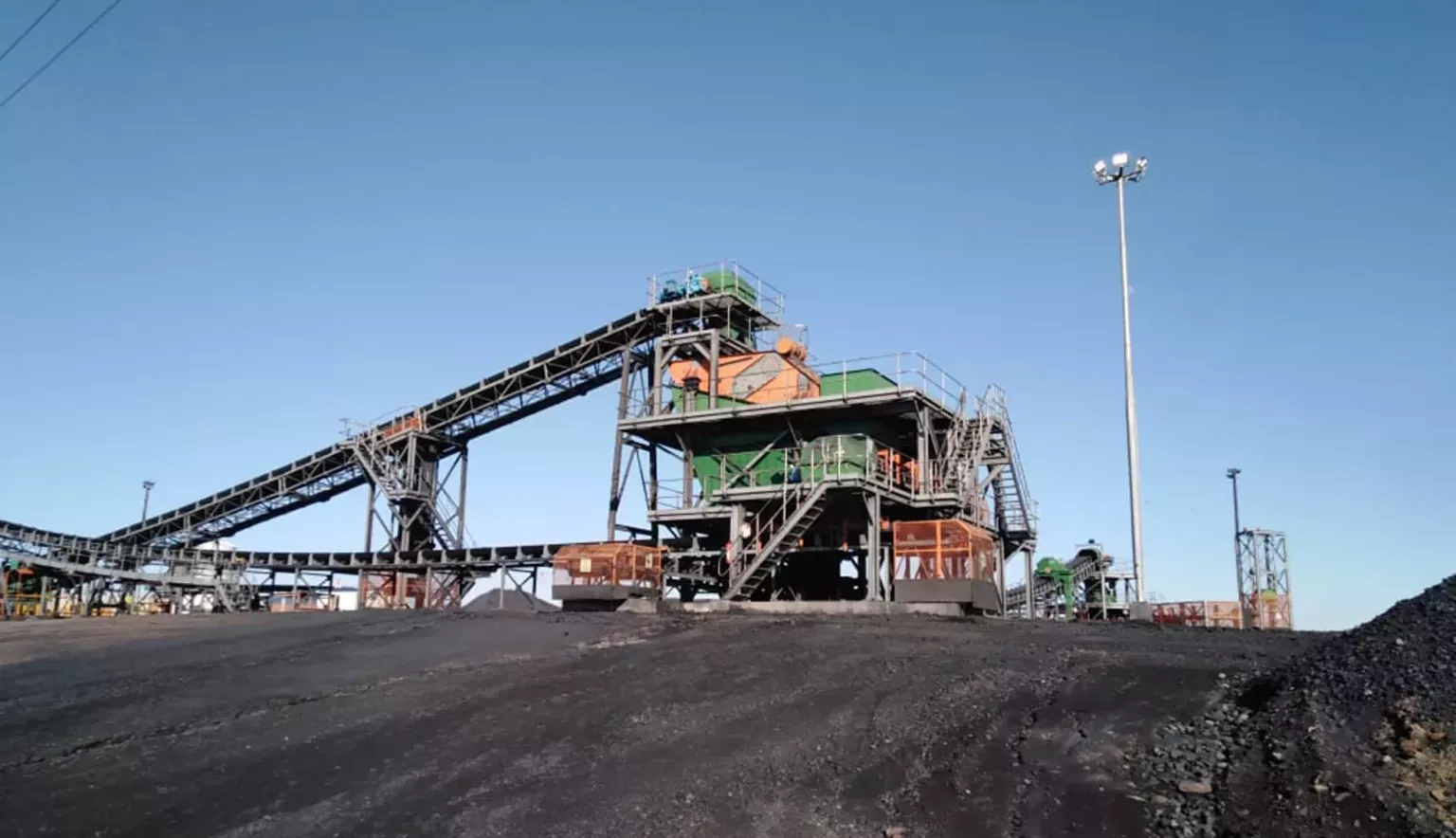In the fraught context of South African coal mining, Pentalin Group is a leading solutions provider to the industry. We discuss its commitment to operational excellence and the industry’s need for change with CEO, Jaco Scholtz.
INTRODUCTION
“The world needs metals and energy to prosper.”
In the African context, South Africa (SA) stands as a major consumer of coal. The resource accounts for 80 percent of the national energy mix and the country remains hesitant to phase out this vital fuel in the face of the climate crisis.
Despite the negative perception surrounding fossil fuels, it is irrefutable that coal is a crucial energy source, particularly in developing countries. The global average statistic for energy production resulting from coal is 34 percent – in SA, this figure is a staggering 86 percent, and for electricity that derives from coal.
“It is a product that has powered SA and the world for generations. It lights our streets, it lights our homes, it cools our homes in the summer and warms them in the winter. But more importantly, it drives our economy, it drives the future of our country,” states Jaco Scholtz, CEO at SA’s leading processing solutions provider for the coal mining industry, Pentalin Group (Pentalin).
“Currently, coal is the only source that can provide affordable and sustainable energy, and I believe it will remain the primary source for power generation in Southern Africa for years to come,” he continues.
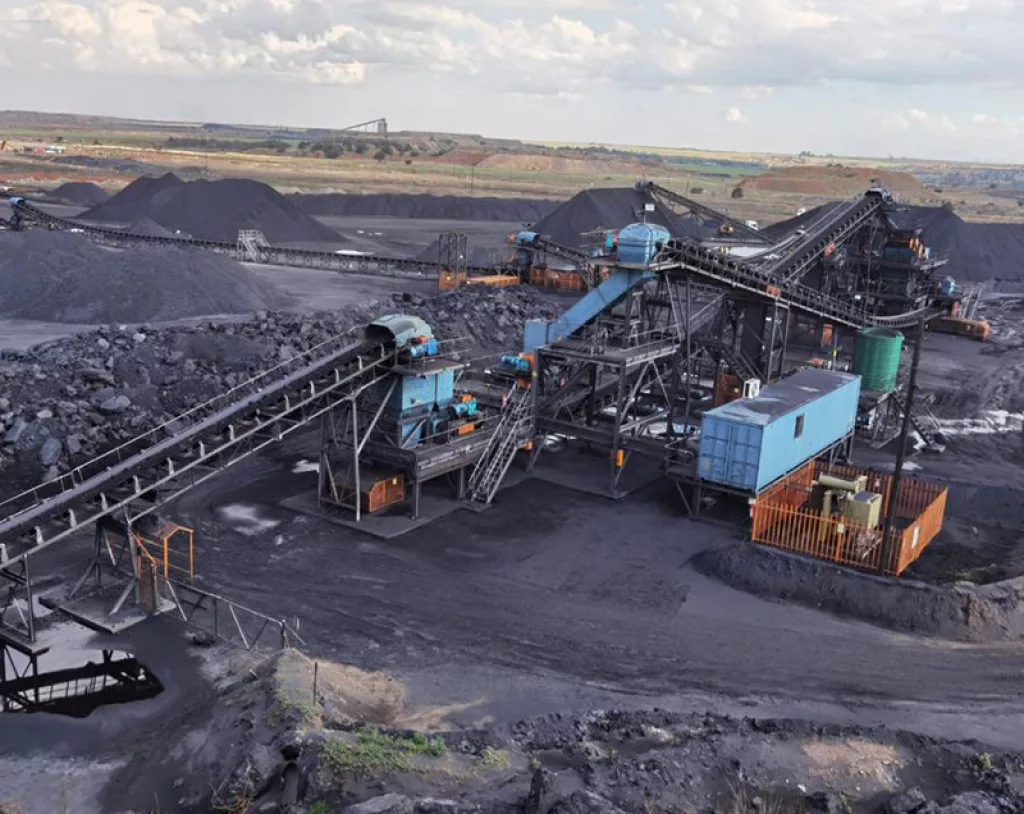
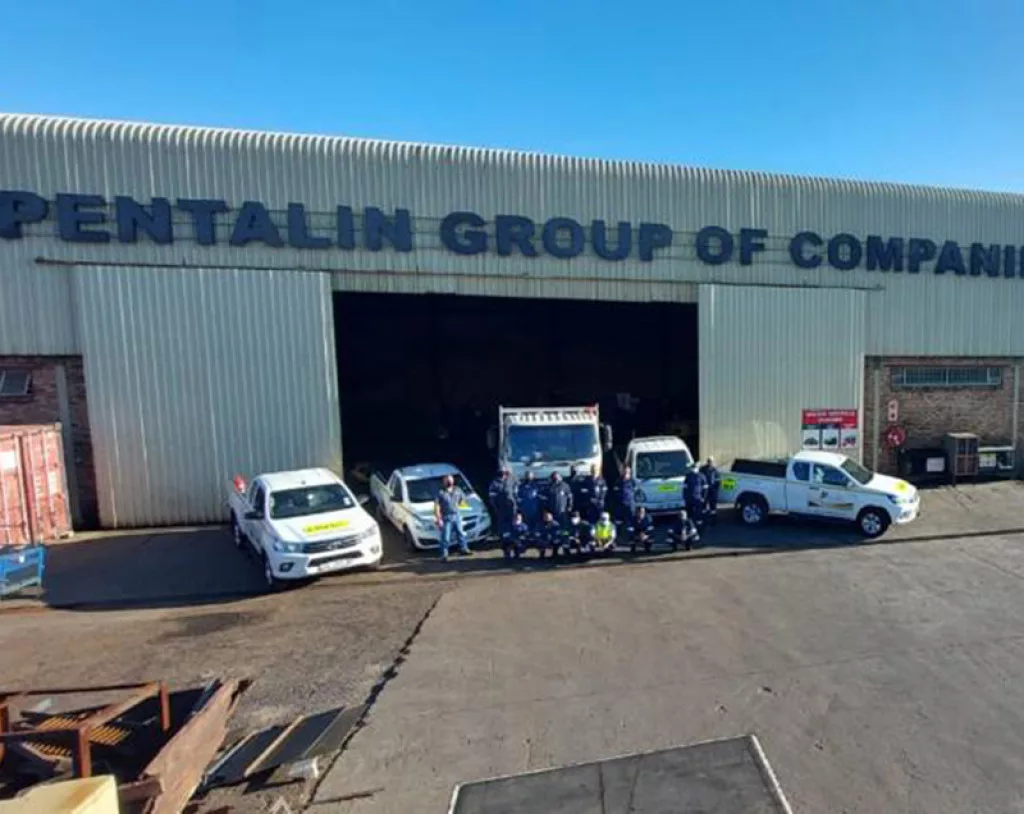
PENTALIN AT THE CORE
Offering a broad spectrum of mineral and coal processing plant operations and maintenance solutions across SA and Botswana, Pentalin is composed of three subsidiary companies: Pentalin Processing, Johdee Mineral Processing and Pentalin Trading.
“We design, build, operate and maintain coal handling and preparation plants for companies that don’t have the necessary internal resources or appetite to do it themselves,” Scholtz tells us.
Scholtz himself joined Pentalin as CEO at the end of 2019, following a career in the mining industry as a Plant Metallurgist at Optimum Colliery and studying metallurgical engineering at the University of Pretoria.
“I am fortunate to have had some of the best mentors in the coal processing arena and they assisted immensely to establish myself as an expert in plant design, as well as the operation and maintenance of coal handling and preparation plants (CHPPs),” he reflects.
It proved a tumultuous time to enter the position, as the industry was yet to be confronted by the unprecedented disruption of the COVID-19 pandemic.
“The COVID-19 pandemic has certainly made it very difficult for us to execute projects across borders. COVID-19 protocols have impacted the efficiency of our logistic operations and disrupted our supply chain, especially in terms of steel which has caused a hyperinflation environment, making it very difficult to manage our projects from a cost and time perspective.”
Further disrupting the coal mining industry in SA are issues and uncertainty surrounding the national Mining Charter, where complex regulations governing mineral and mining policies complicate investment. Until such issues are ironed out at a governmental level, coal mining projects in the pipeline remain in stasis.
“We have a unique understanding that the remaining coal reserves can’t sustain exorbitant capital investments and cost-effective solutions are needed to achieve the required return on investment,” he observes.

“Our vision is to be recognised and admired by the industry in which we operate as best in class when it comes to health and safety, processing, maintenance and efficiency”
Jaco Scholtz, CEO, Pentalin Group
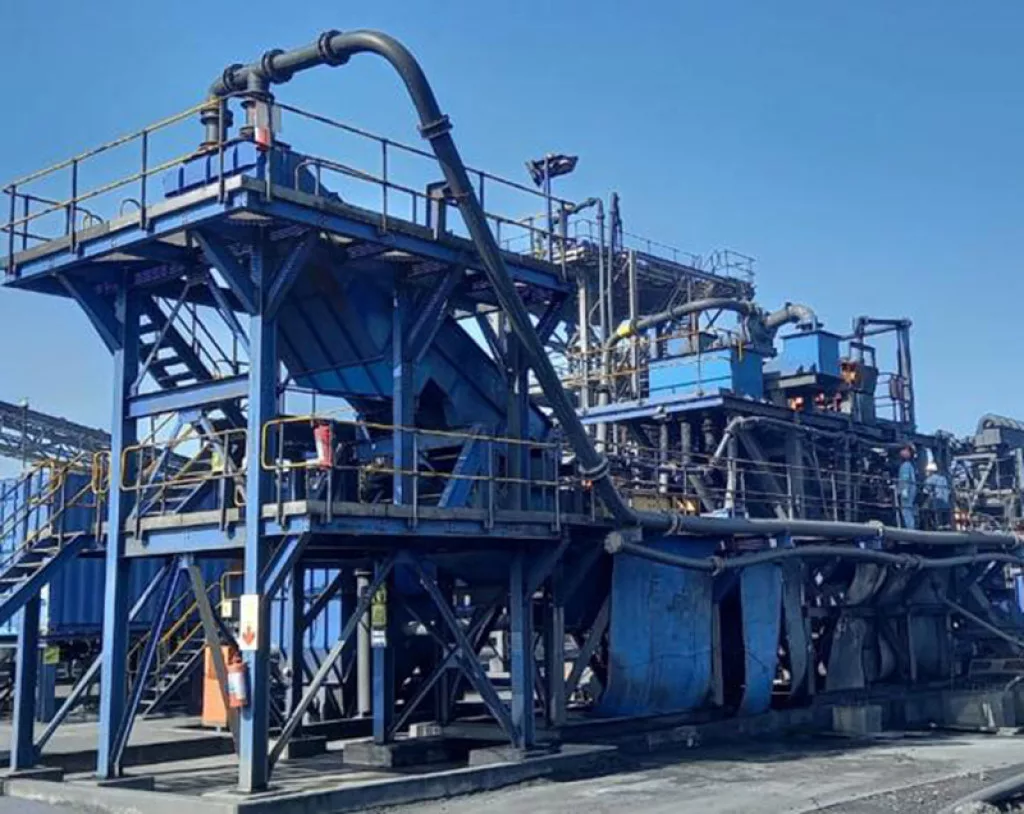
STRENGTH IN ADVERSITY
Despite the turbulence of COVID-19 and other factors that hamper the industry, this has not abated Pentalin’s growth. Indeed, over the past three years it has expanded rapidly to a medium-sized company.
“We have followed an organic growth strategy and have built on the business’ own capabilities and resources to facilitate growth.
“This involves the continual optimisation of commercial activities, which involves how services are priced, as well as expanding the number of business units and locations.”
The single thread connecting and feeding this growth is Pentalin’s defining commitment to operational excellence. A key differentiator, Pentalin prides itself on its in-house capabilities, enjoying full autonomy and control over quality.
“Our workshop supports operations with maintenance activities. We also build our own double roll crushers, vibrating equipment and sampling equipment.
“Manufacturing this equipment in-house, is aligned with our strategy to provide cost effective solutions to our client and also to be in control of our own destiny regarding long lead items,” Scholtz outlines.
Pentalin places high priority on protecting the integrity of its assets and those of its clients, instilling a culture of operational excellence across all levels of the company.
“With respect to operational excellence, our vision is to be recognised and admired by the industry in which we operate as best in class when it comes to health and safety, processing, maintenance and efficiency.
“To succeed, we must deliver world-class performance exceeding the capabilities of our strongest competitors.”
Within this, Pentalin endeavours to incorporate automation and digitisation to remain competitive in the shifting image of mines of the future.
“Automation will play a major role in shaping and defining future mines. The rewards from investing in automation can be substantial, such as increased productivity and improved safety, with reduced cost,” Scholtz comments.
However, in such a labour-intensive industry as mining, a responsible approach is needed to balance the trade-off between automation and opportunities for employment.
“The key will be to gradually transform the workforce and equip them with a different skillset. We need sustainable ways of developing people with the right skills and career opportunities.”
This is a particularly prominent issue in SA, where more than 90,000 people were employed in coal mines throughout 2020 alone.
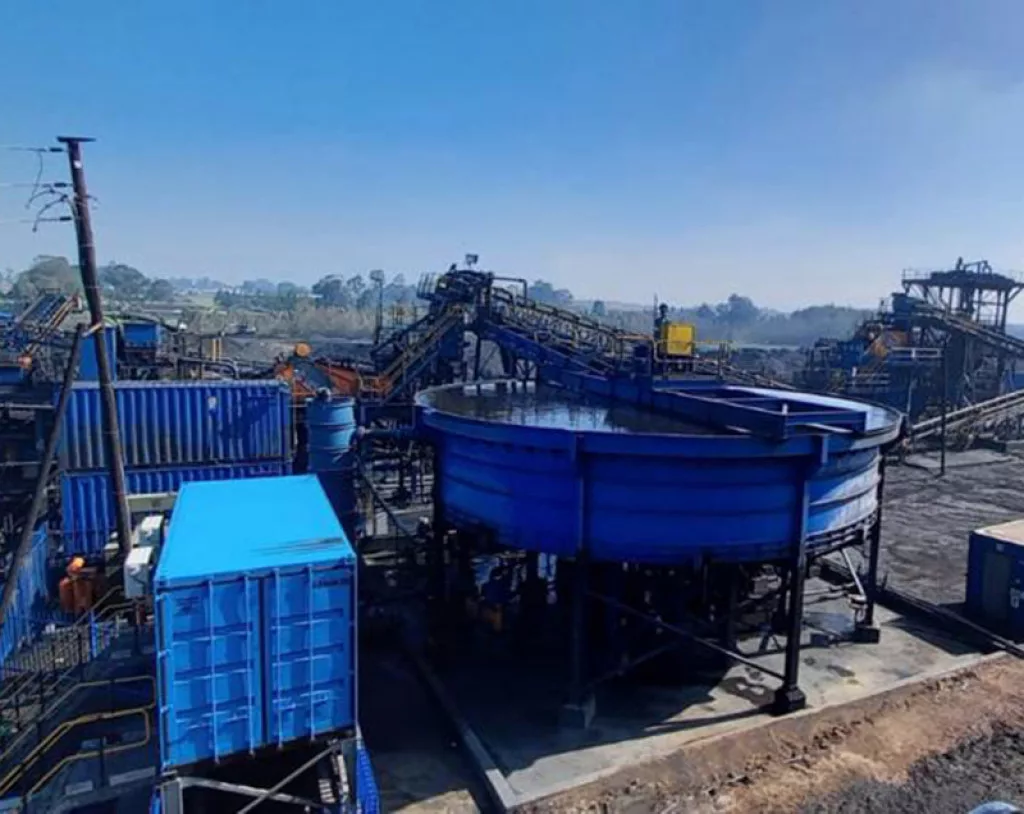
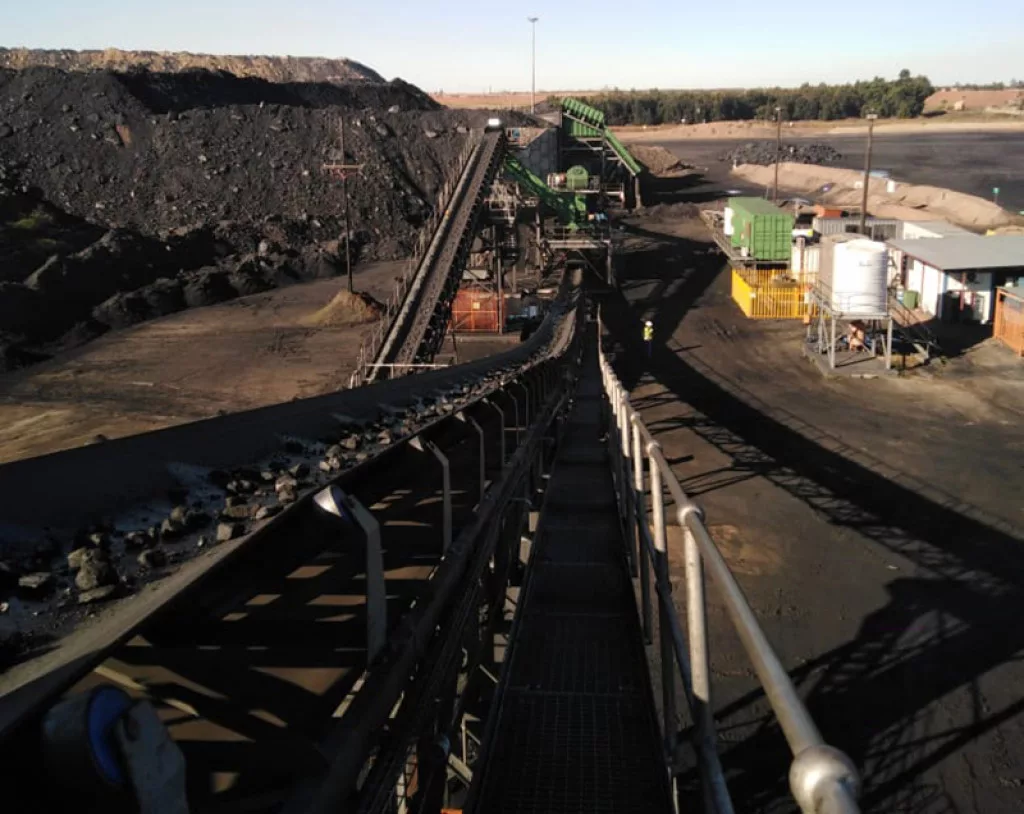
PENTALIN AND PROJECTS
Scholtz identifies Pentalin’s approach to operational excellence to be a key factor in winning new contracts for the company, as evidenced by its portfolio of ongoing projects.
Pentalin is presently dedicated to projects in Botswana, where the market conditions are more favourable as the coal is cheaper to produce and the capital costs of mine development are lower than in SA. Additionally, Botswana Railway’s recent announcement concerning the construction of the 10 million tonne Mmamabula-Lephalale line will provide a critical transport link for the mining industry. By implementing a viable export route, the railway is set to make the Botswana coalfield an attractive area for development.
“It is for this reason that two Botswana export projects have recently been developed,” he reveals. “The Masama Project has now moved into production, and the other has received approval and funding to proceed to design and construction to supply coal to the SA Inland Market.
“Through its subsidiary, Johdee Mineral Processing, Pentalin has been fortunate to be selected as the coal handling and preparation plant (CHPP) contractor for both projects.”
Pentalin’s other major export undertaking in Botswana is being completed on a lump-sum turnkey (LSTK) basis, with both projects having five-year operating contracts after commissioning.
Alongside new ventures, Pentalin continues to place emphasis on the continual optimisation and improvement of its existing facilities.
“We are also busy with a major upgrade at one of our operations in South Africa consisting of a new run-of-mine (ROM) section, a raw coal bypass section, as well as converting to a zero effluent circuit by installing a plate and frame filter press. The plate and frame filter press is an environmentally-friendly option which negates the need to pump and store tailings from the operation on a tailings dam,” Scholtz explains.
Lastly, Pentalin is in the process of installing a dense medium drum plant at one of its Eskom operations to reduce sulphur and produce coal for the inland market.
“We are looking forward to continuing our positive growth trajectory next year, with more promising projects in the pipeline.”
“We are looking forward to continuing our positive growth trajectory next year, with more promising projects in the pipeline”
Jaco Scholtz, CEO, Pentalin Group
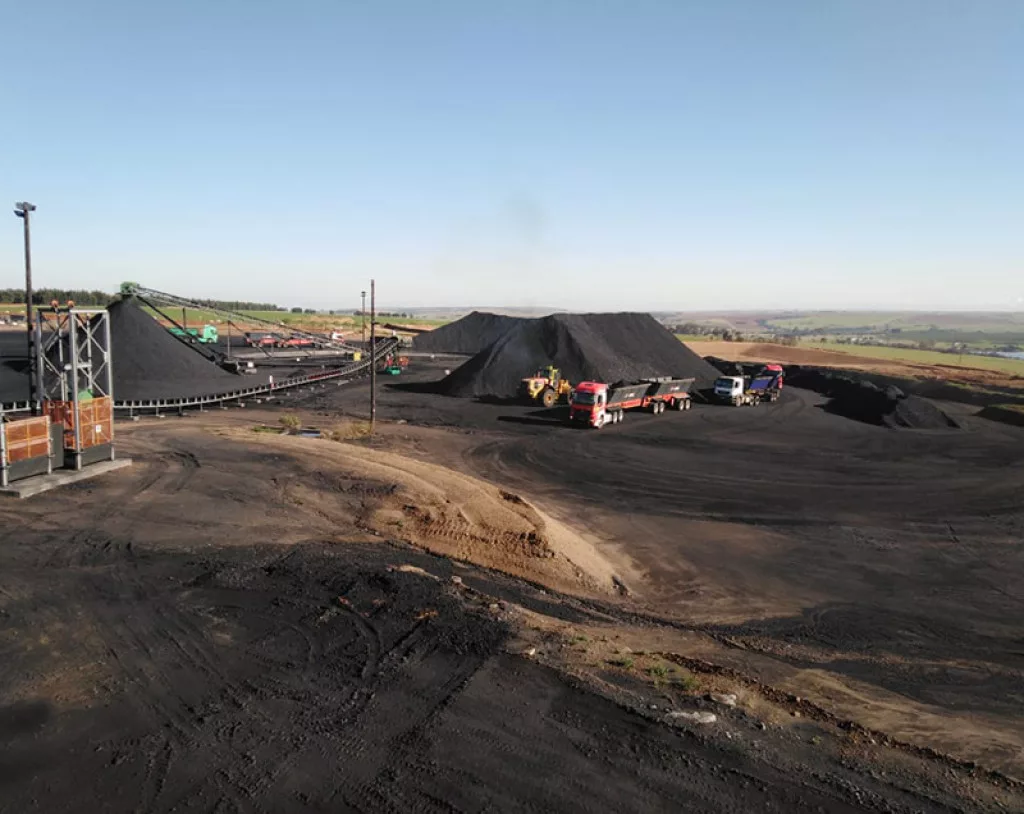
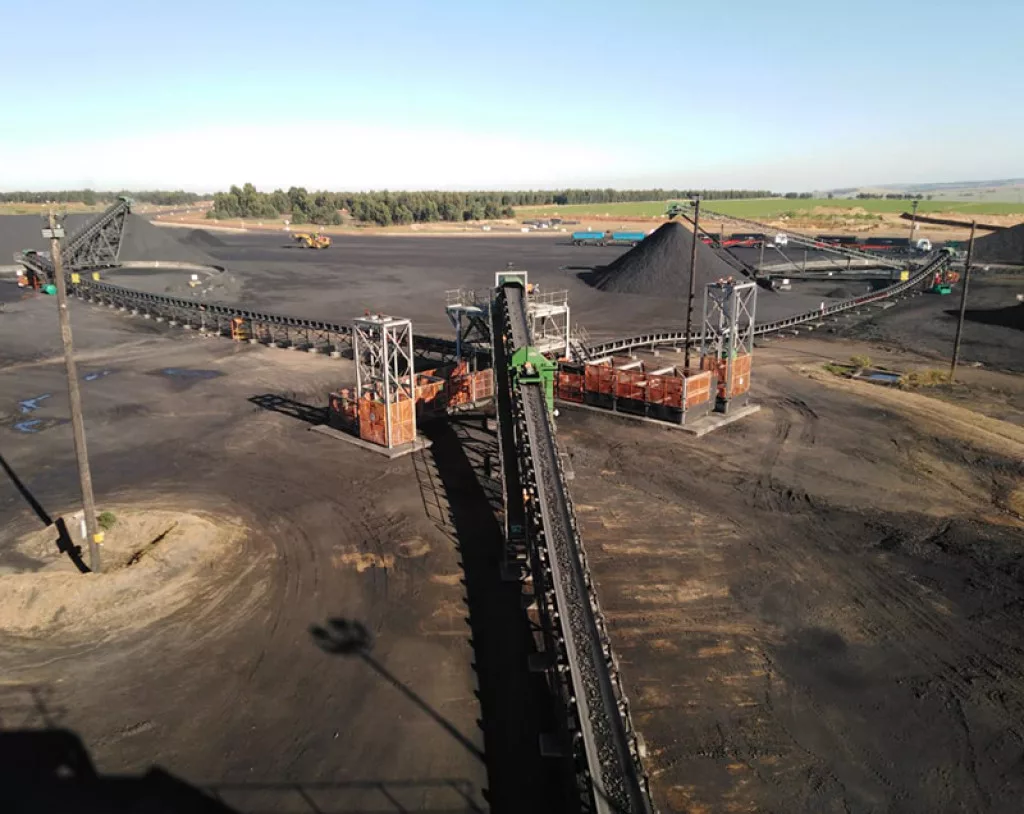
LOOKING AHEAD
To remain relevant in the age of responsible mining, Pentalin is undertaking a number of initiatives in line with these priorities.
“We have our work cut out to ensure that coal reserves are optimised and the environment is protected. Waste recovery and zero effluent circuits are therefore high priority focus points.
“Dry beneficiation is also critical and this remains pivotal for the Waterberg region. The recovery and re-processing of waste and dumps and tailings dams are also high on our list of priorities,” he adds.
Complementary to this, the company will seek to diversify its commodity base into gold and base metals, to avoid an over-reliance on coal.
However, Pentalin will first dedicate its energy to sustaining its ongoing projects.
“We want to focus on completing our project in Botswana, get into a steady state and we will then concentrate on diversification issues.”
Competing with clean energy, the future of the coal mining industry in SA is uncertain, but Scholtz is confident that the demand will sustain the company into the future.
“I believe that coal will remain the largest contributor to electricity generation both in SA and worldwide beyond 2030. Off and on grid renewables have a role but cannot support base load requirements.”
Scholtz draws to a close with a call for change across the industry to enable it to truly flourish in the future.
“This is an industry that is in dire need of change to survive.
“We need a step change in safety and operational performance, and in how we deal with our social partners, namely government, communities and the people who work for us.”
Whatever the industry’s future may look like, Pentalin is on hand to ensure a consistent and reliable supply.



